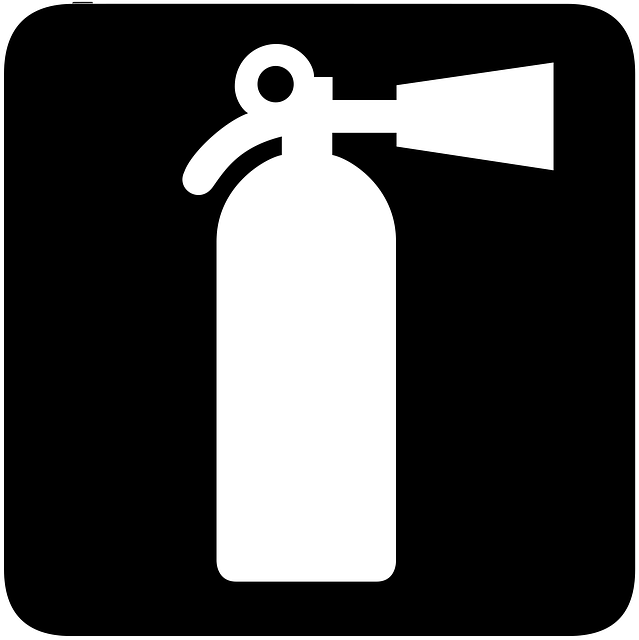In hospitality, guest experience assurance relies on understanding and adhering to health, safety, and anti-discrimination laws, conducting regular background checks for employee screening, verifying credentials during onboarding, and fostering transparency to build trust. These measures enhance safety, mitigate risks, ensure legal compliance, and ultimately improve customer satisfaction and loyalty.
In the hospitality industry, providing an exceptional guest experience assurance is paramount. To achieve this, establishments must navigate a landscape of stringent regulatory requirements. This article explores the critical role of background checks in ensuring both guest safety and compliance with industry standards. We delve into how verifying credentials during staff onboarding enhances operational transparency, fostering customer trust and creating a seamless, secure environment for all guests.
- Understanding Regulatory Requirements for Hospitality Industry
- The Role of Background Checks in Ensuring Guest Safety
- Verifying Credentials: A Key Step in Staff Onboarding
- Enhancing Customer Trust Through Transparent Practices
Understanding Regulatory Requirements for Hospitality Industry

In the hospitality industry, ensuring a safe and enjoyable guest experience assurance is paramount. Understanding and adhering to regulatory requirements are fundamental to achieving this goal. These regulations, designed to protect both guests and staff, cover various aspects such as health and safety standards, food handling practices, and discrimination policies.
Businesses in this sector must stay informed about local, state, and national laws that govern their operations. Regularly updating background checks for employees, particularly those in direct guest contact, is a key component of meeting these requirements. Such checks help identify potential risks early on, ensuring a compliant work environment and enhancing the overall guest experience assurance.
The Role of Background Checks in Ensuring Guest Safety

Background checks play a pivotal role in hospitality, acting as a robust shield for both guests and businesses. These checks are not just a matter of due diligence; they are an essential tool to ensure guest experience assurance. By delving into potential risks, from previous employment histories to criminal records, hotels, restaurants, and other accommodation providers can create a safe environment. This proactive measure prevents any unforeseen incidents that could mar the guest experience, fostering trust and loyalty instead.
In today’s world, where safety is paramount, background checks are a game-changer. They help in navigating the complex landscape of regulatory compliance, ensuring that only qualified and trustworthy individuals are granted access to guests. Thus, they contribute significantly to maintaining a positive and secure atmosphere, making every stay a memorable one for the right reasons.
Verifying Credentials: A Key Step in Staff Onboarding

Verifying credentials is a fundamental step in ensuring a seamless guest experience and maintaining regulatory compliance during staff onboarding. It involves cross-checking an applicant’s educational background, certifications, and work history against reliable sources. This meticulous process helps establish the validity of their claims, ensuring that the hospitality establishment hires qualified individuals who meet industry standards.
By verifying credentials, businesses can mitigate risks associated with hiring fraudulent or unqualified staff. It safeguards the guest experience by preventing potential safety hazards and ensures the hotel or restaurant operates within legal parameters. This initial screening contributes to a robust hiring process, fostering an environment of integrity and professionalism that is essential for customer satisfaction and long-term success in the hospitality industry.
Enhancing Customer Trust Through Transparent Practices

Transparency and trust are the cornerstones of a positive guest experience assurance. By implementing robust background check processes, hospitality businesses demonstrate their commitment to safety and compliance, fostering a sense of security among guests. This transparency builds trust, as customers feel assured knowing that the establishment prioritizes the well-being of its visitors.
Open practices allow guests to make informed decisions, understanding the measures in place to protect them. This transparency is a powerful tool to enhance customer satisfaction and loyalty, creating a welcoming atmosphere where individuals feel valued and safe, ultimately contributing to a memorable guest experience.






